

Nilotpal JHA
PhD in Business (Organisational Behaviour & Human Resources), 2022
Workplace relationships, Relational Mindfulness, Relational Heuristics, Socioeconomic status, Diversity and Inclusion, Culture
Social distance in workplace relationships and its impact on employee wellbeing (View Committee Members)
Name: Jochen REB
Role: Dissertation Chair
Designation: Professor of Organisational Behaviour & Human Resources, Lee Kong Chian School of Business
University: Singapore Management University
Name: Michael SCHAERER
Role: Dissertation Committee Member
Designation: Associate Professor of Organisational Behaviour & Human Resource, Lee Kong Chian School of Business
University: Singapore Management University
Name: Jared NAI
Role: Dissertation Committee Member
Designation: Assistant Professor of Organisational Behaviour & Human Resources, Lee Kong Chian School of Business
University: Singapore Management University
Name: Kenneth Tan
Role: Dissertation Committee Member
Designation: Assistant Professor
University: School of Social Sciences, Singapore Management University
ZHAO Na
PhD in Business (Organisational Behaviour & Human Resources), 2021
Cultural tightness, Creativity, Socioeconomic Status, gender
The Interactive Effects of Societal and Organizational Cultural Tightness on Employee Work Related Outcomes (View Committee Members)
Name: Roy CHUA
Role: Dissertation Chair
Designation: Associate Dean (MBA Programmes, DBA, MCM, MI, MHCL), Associate Professor of Organisational Behaviour
University: Singapore Management University
Name: Zou xi
Role: Dissertation Committee Member
Designation: Associate professor of Nanyang Business School
University: Nanyang Technological University
Name: Kenneth TAI
Role: Dissertation Committee Member
Designation: Assistant Professor of OBHR, Lee Kong Chian School of Business
University: Singapore Management University
Name: Devasheesh BHAVE
Role: Dissertation Committee Member
Designation: Associate Professor of Organizational Behaviour & Human Resource, Lee Kong Chian School of Business
University: Singapore Management University

Theodore Charles MASTERS-WAAGE
PhD in Business (Organisational Behaviour & Human Resources), 2021
Mindfulness, Attention, & Decision Making
Social Attention in Realistic Work Environments (View Committee Members)
Name: BASHSHUR Michael Ramsay
Role: Dissertation Committee Member
Designation: Associate Professor of Organisational Behaviour & Human Resource, School of Business
University: Singapore Management University
Name: Jochen REB
Role: Dissertation Chair
Designation: Associate Professor of Organisational Behaviour & Human Resource, School of Business
University: Singapore Management University
Name: Malia Mason
Role: Dissertation Committee Member
Designation: Courtney C. Brown Professor of Business Management
University: Columbia University
Name: Michael SCHAERER
Role: Dissertation Committee Member
Designation: Assistant Professor of Organisational Behaviour & Human Resources, Lee Kong Chian School of Business
University: Singapore Management University

Laurel TEO
PhD in Business (Organisational Behaviour & Human Resources), 2020
Psychological impact of A.I. and emerging technologies at work, future of work, privacy, ethics
I'm special but A.I. doesn't get it: How A.I. is perceived to neglect people’s uniqueness and undermine their well-being (View Committee Members)
Name: Filip LIEVENS
Role: Dissertation Committee Member
Designation: Lee Kong Chian Professor of Human Resources, Lee Kong Chian School of Business
University: Singapore Management University
Name: BASHSHUR Michael Ramsay
Role: Dissertation Chair
Designation: Associate Professor of Organisational Behaviour & Human Resource, School of Business
University: Singapore Management University
Name: Devasheesh BHAVE
Role: Dissertation Committee Member
Designation: Associate Professor of Organizational Behaviour & Human Resource, Lee Kong Chian School of Business
University: Singapore Management University
Name: David De Cremer
Role: Dissertation Committee Member
Designation: Provost Chair, Professor in Management and Organisation
University: National University of Singapore Business School
LIM Jia Hui
PhD in Business (Organisational Behaviour & Human Resources), 2020
Inclusion and Diversity
Inequality
Socioeconomic mobility
Psychological Interventions
The Many Faces Of Class Ceiling: Its Manifestation At Different Career Stages And Ways To Overcome It (View Committee Members)
Name: Madan Pillutla
Role: Dissertation Committee Member
Designation: Faculty
University: London Business School
Name: Roy CHUA
Role: Dissertation Committee Member
Designation: Faculty
University: Singapore Management University
Name: Marko PITESA
Role: Dissertation Chair
Designation: Faculty
University: Singapore Management University
Name: Gokhan ERTUG
Role: Dissertation Committee Member
Designation: Faculty
University: Singapore Management University

Hye Jung EUN
PhD in Business (Organisational Behaviour & Human Resources), 2019
Creativity, Gender, Inequalities, Diversity and Inclusion, Future of Work, Creative Industries
Pressure to be Creative: How Employees Respond to Organizational Creativity Pressure (View Committee Members)
Name: Angela LEUNG
Role: Dissertation Committee Member
Designation: Faculty
University: Singapore Management University
Name: Shereen FATIMAH
Role: Dissertation Committee Member
Designation: Faculty
University: Singapore Management University
Name: Roy CHUA
Role: Dissertation Chair
Designation: Faculty
University: Singapore Management University
Name: Marko PITESA
Role: Dissertation Committee Member
Designation: Faculty
University: Singapore Management University

TIAN Yixin
PhD in Business
Achieved SMU Presidential Doctoral Fellowship in 2024.
CHEN Shangyun
PhD in Business
Achieved SMU Presidential Doctoral Fellowship in 2024.
HAN Meng
PhD in Business
Achieved SMU Presidential Doctoral Fellowship in 2024.
Nilotpal JHA
PhD in Business
Achieved SMU Presidential Doctoral Fellowship in 2023.
PEI Dong
PhD in Business
Achieved SMU Presidential Doctoral Fellowship in 2023.
SUN Yujie
PhD in Business
Achieved SMU Presidential Doctoral Fellowship in 2023.
NGUYEN Hoang Bao My
PhD in Business
Achieved SMU Presidential Doctoral Fellowship in 2023.
HAN Meng
PhD in Business
Achieved SMU Presidential Doctoral Fellowship in 2023.
Liling LU
PhD in Business
Achieved SMU Presidential Doctoral Fellowship in 2022.
Eva Katharina PETERS
PhD in Business
Achieved SMU Presidential Doctoral Fellowship in 2022.

Helping Organisations Excel, One Breath at a Time: A Meditation Toolkit for Business Leaders
Theodore Charles MASTERS-WAAGE, Eva Katharina PETERS, Jochen REB.
Paper published in 2022.
Noticing More: Mindfulness Increases Moral Awareness and Helps Individuals Notice Ethical Red Flags
C. LOO, Eva Katharina PETERS, Jochen REB
Paper published in 2022.
When Choosing to Help Feels Better Than You Think: How Affective Forecasting Errors Prevent Us From Helping Others
Eva Katharina PETERS, Theodore Charles MASTERS-WAAGE, Jochen REB
Paper published in 2022.
An Initial Examination of State and Longitudinal Effects of Loving-Kindness Practice on Affective and Motivational States at Work
Theodore Charles MASTERS-WAAGE, Jochen REB, William TOV, U BANDARA.
Paper published in 2022.
Going Far Together by Being Here Now: Mindfulness Increases Cooperation in Negotiations
Theodore Charles MASTERS-WAAGE, Jared NAI, Jochen REB, Samantha SIM, Noriko TAN, Jayanth NARAYANAN.
Paper published in 2022.
When Choosing to Help Feels Better Than You Think: How Affective Forecasting Errors Prevent Us From Helping Others
Eva Katharina PETERS, Theodore Charles MASTERS-WAAGE, Jochen REB
Paper published in 2021.
Power Versus Inequality: Which is the Proximate Predictor of Interpersonal Trust?
du Plessis, C., Schaerer, Hoang Bao My NGUYEN, M. H. B., Foulk, T.
Paper published in 2021.
When Paying is (Even) More Painful: Consumption Responses to Experiencing Economic Hardship
Theodore Charles MASTERS-WAAGE, J GLADSTONE
Paper published in 2021.
Framing Contests and the Local Social Order: Where NGOs' Strategic Frames Trump Resource Dependencies
Yi Cheong Eugene TUNG
Paper published in 2021.
When Choosing to Help Feels Better Than You Think: How Affective Forecasting Errors Prevent Us From Helping Others
Eva Katharina PETERS, Theodore Charles MASTERS-WAAGE, Jochen REB
Paper published in 2021.

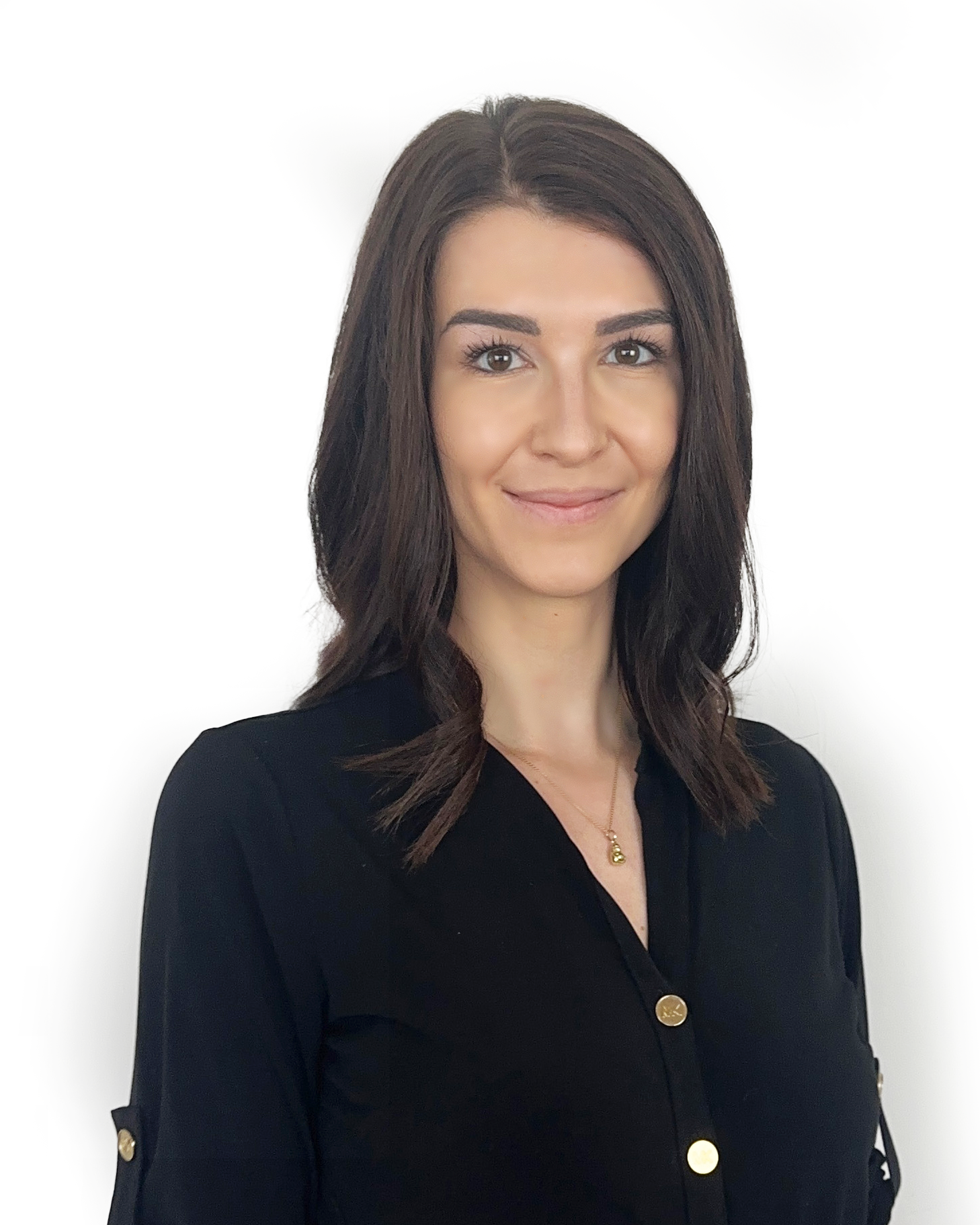
EVA KATHARINA PETERS
Intake Year: 2020
Research Area: Entrepreneurship, Well-being, Mindfulness, Leadership
Highest Qualification: Master of Arts in Psychology & Management, International School of Management, Germany
Dissertation Committee
Research Advisor:
Dissertation Committee Members:
External Member:
- Assistant Professor Samantha Sim (NOVA School of Business and Economics)

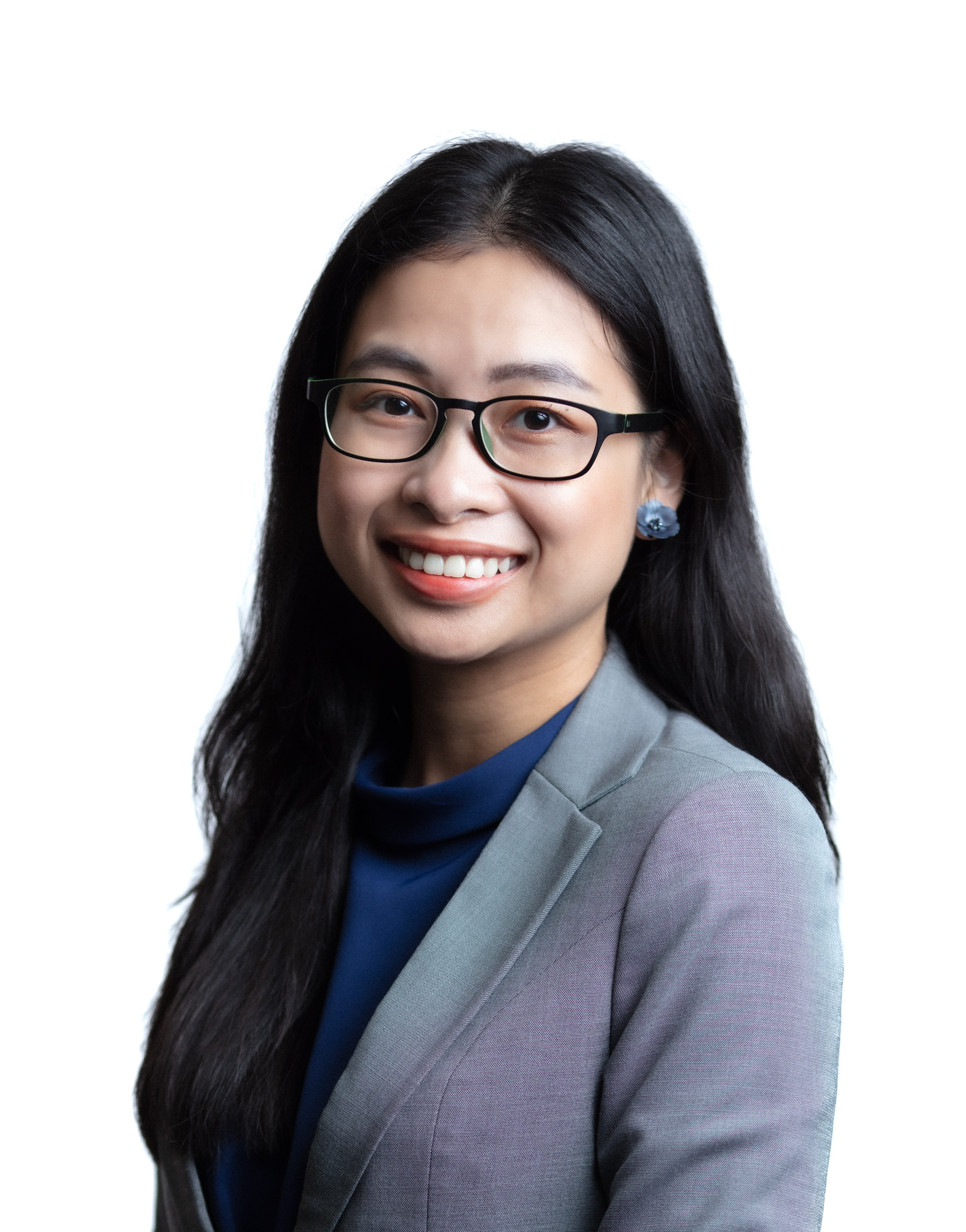
Research Fellow, Singapore Management University, Singapore
NGUYEN HOANG BAO MY
Intake Year: 2020
Research Area: Gender, Power and Status, Ethics and Morality
Highest Qualification: Bachelor of Business Administration and Bachelor of Arts, Texas Christian University, United States of America
Dissertation Committee
Research Advisor:
Dissertation Committee Members:
External Member:
- Professor Stefan Thau (INSEAD)

EVA KATHARINA PETERS
Intake Year: 2020
Research Area: Entrepreneurship, Well-being, Mindfulness, Leadership
Highest Qualification: Master of Arts in Psychology & Management, International School of Management, Germany
Dissertation Committee
Research Advisor:
Dissertation Committee Members:
External Member:
- Assistant Professor Samantha Sim (NOVA School of Business and Economics)
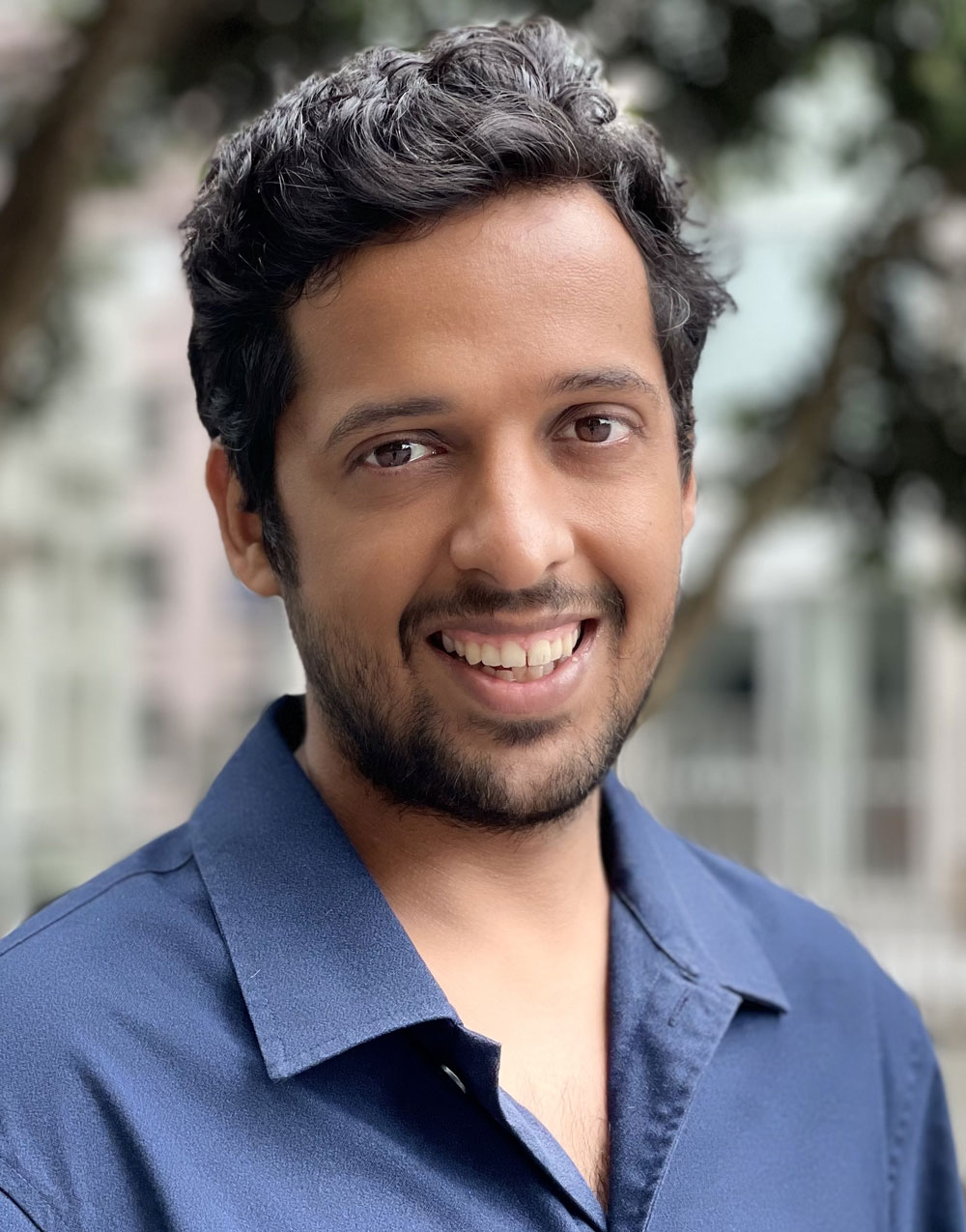
Research Fellow, National University of Singapore, Singapore
NILOTPAL JHA (NEAL)
Intake Year: 2019
Research Area: Workplace Relationships fm Various Angles such as Socio-Economic Status, Culture, Communication, and Interactions
Highest Qualification: Bachelor of Electrical and Electronic Engineering, Nanyang Technological University, Singapore
Dissertation Committee
Research Advisor:
Dissertation Committee Members:
External Member:
- Assistant Professor Kenneth Tan (School of Social Sciences, Singapore Management University)

Research Assistant Professor, University of Macau, Macau
ZHAO NA
Intake Year: 2018
Research Area: Culture, Creativity, Socioeconomic Status
Highest Qualification: Master of Management, Renmin University of China, China
Dissertation Committee
Research Advisor:
Dissertation Committee Members:
External Member:
- Associate Professor Zou Xi (Nanyang Technological University - Nanyang Business School)

National Science Foundation Postdoctoral Fellow, University of Houston, USA
THEODORE CHARLES MASTERS-WAAGE
Intake Year: 2018
Research Area: Mindfulness, Attention and Decision Making
Highest Qualification: Bachelor of Science in Experimental Psychology, University of Bristol, United Kingdom
Dissertation Committee
Research Advisor:
Dissertation Committee Members:
External Member:
- Professor Malia F. Mason (Columbia Business School)

Senior Research Fellow, National University of Singapore, Singapore
LAUREL TEO
Intake Year: 2017
Research Area: Organisational Behaviour
Highest Qualification: Bachelor of Arts, Yale University, United States
Dissertation Committee
Research Advisor:
Dissertation Committee Members:
External Member:
- Professor David De Cremer (National University of Singapore)

Assistant Professor, NEOMA Business School, France
EUN HYE JUNG
Intake Year: 2016
Research Area: Creativity, Innovation, Gender, Micro-Macro Connections, Societal Problems
Highest Qualification: Master of Philosophy in Education, University of Cambridge, United Kingdom
Dissertation Committee
Research Advisor:
Dissertation Committee Members:
External Member:
- Associate Professor Angela Leung (SMU - School of Social Sciences)
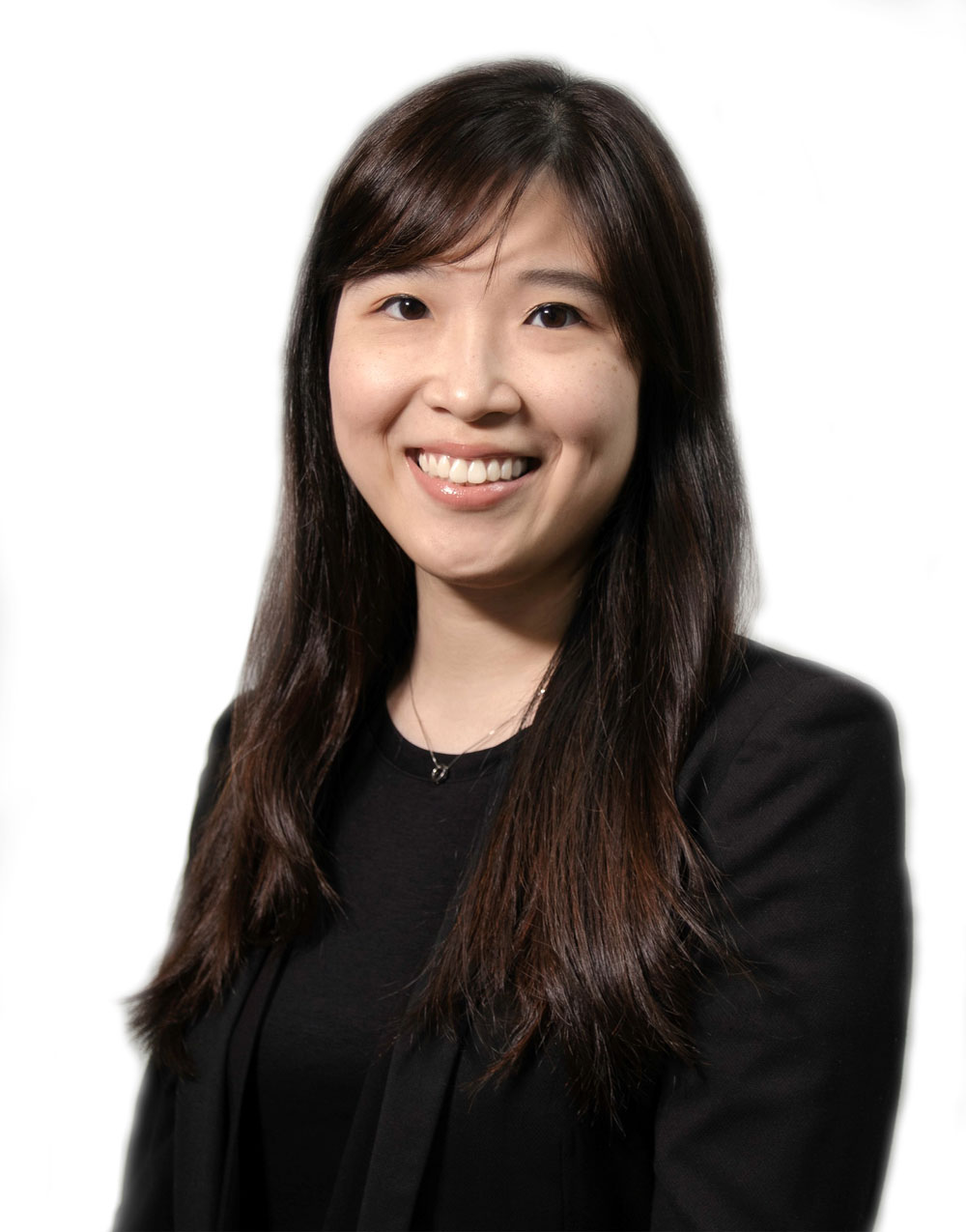
Assistant Professor, Hong Kong Baptist University, Hong Kong
LIM JIA HUI
Intake Year: 2016
Research Area: Organisational Behaviour and Human Resources
Highest Qualification: Bachelor of Science in Psychology (Hons), National University of Singapore, Singapore
Dissertation Committee
Research Advisor:
Dissertation Committee Members:
External Member:
- Professor Madan M. Pillutla (London Business School)
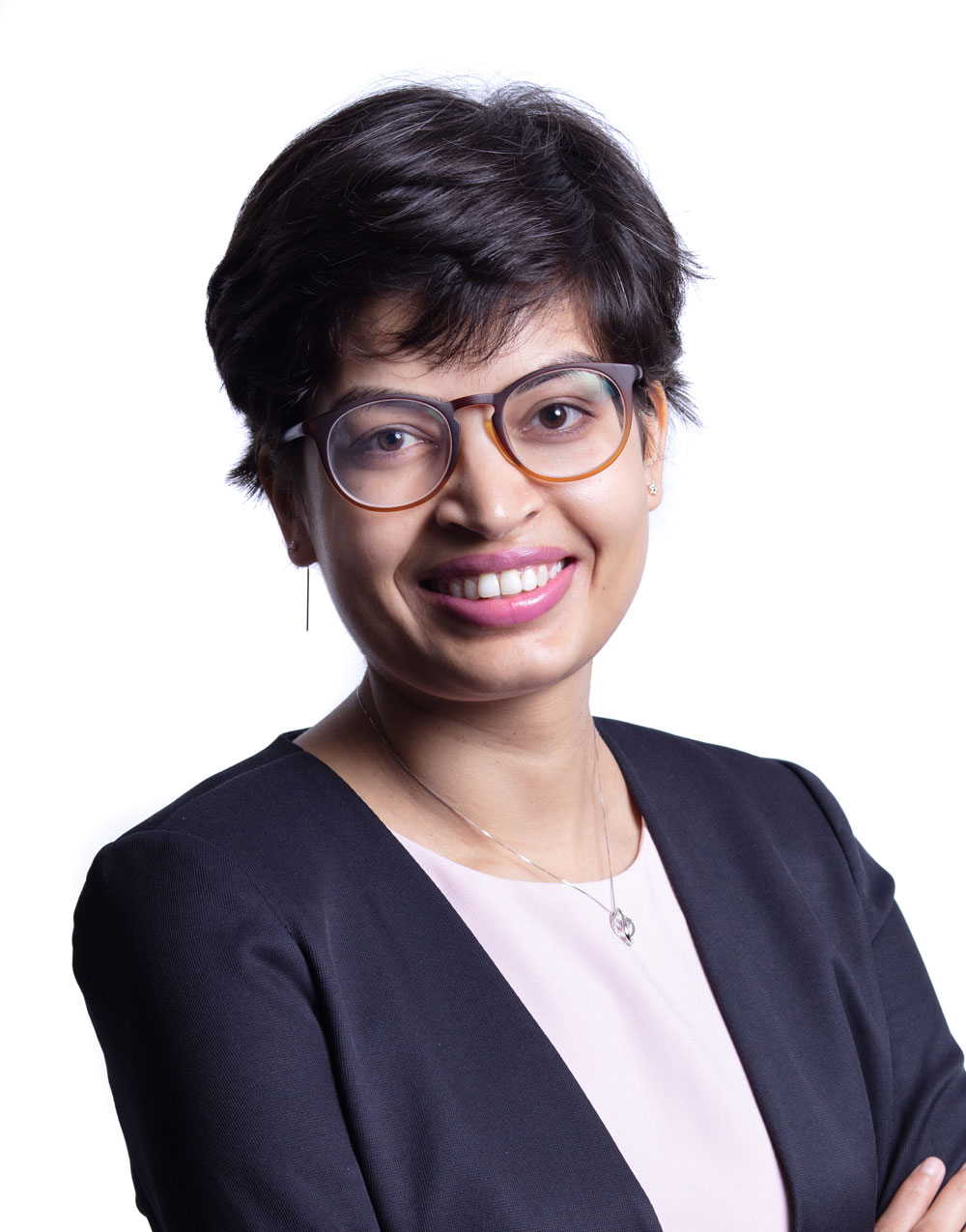
Assistant Professor, Indian School of Business, India
POOJA MISHRA
Intake Year: 2016
Research Area: Competition, Constructive & Destructive Deviance, Discrimination at Work
Highest Qualification: Master of Science in Management (Organizational Behavior), INSEAD, Singapore
Dissertation Committee
Research Advisor:
Dissertation Committee Members:
External Member:
- Professor Remus Ilies (National University of Singapore)
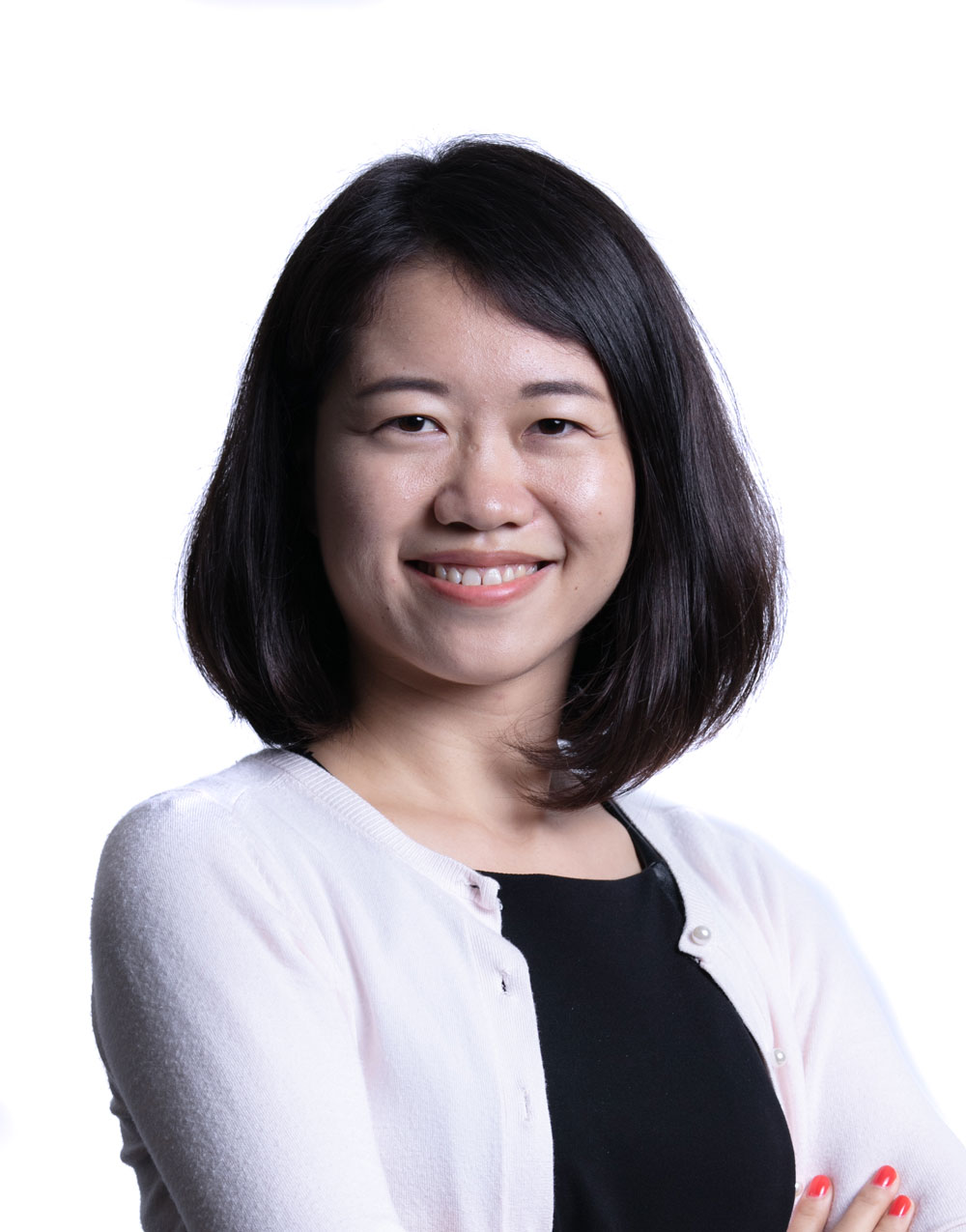
Assistant Professor, Renmin University of China, China
LANG TINGTING
Intake Year: 2015
Research Area: OBHR (Entrepreneurship, Business Venturing, Innovation)
Highest Qualification: Master of Science in Management, Télécom Ecole de Management, France
Dissertation Committee
Research Advisor:
Dissertation Committee Members:
External Member:
- Assistant Professor Ravi S. Kudesia (Temple University)

Assistant Professor, Nanjing University, China
LIU YUCHUAN
Intake Year: 2015
Research Area: Organisational Behaviour and Human Resources
Highest Qualification: Master of Arts in General Management, Renmin University of China, China
Dissertation Committee
Research Advisor:
Dissertation Committee Members:
External Member:
- Associate Professor Christian Troster (Kuhne Logistics University)
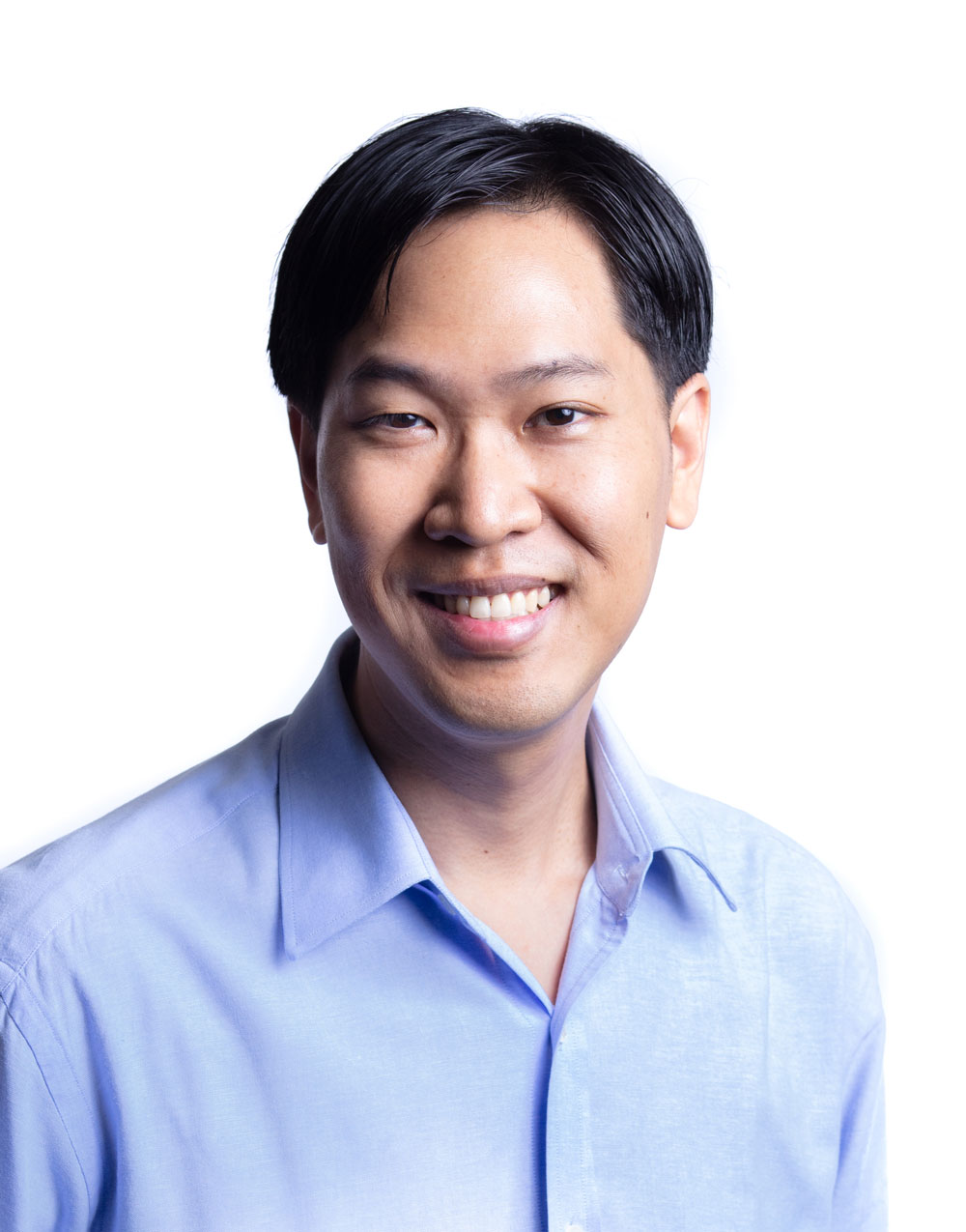
Assistant Professor, University of Macau, Macau
KRAIVIN PARIPONT CHINTAKANANDA
Intake Year: 2014
Research Area: Organisational Behaviour and Human Resources
Highest Qualification: Master of Science in Organisational Behaviour, The London School of Economics and Political Science, United Kingdom
Dissertation Committee
Research Advisor:
Dissertation Committee Members:
External Member:
- Associate Professor Eric Uhlmann (INSEAD)
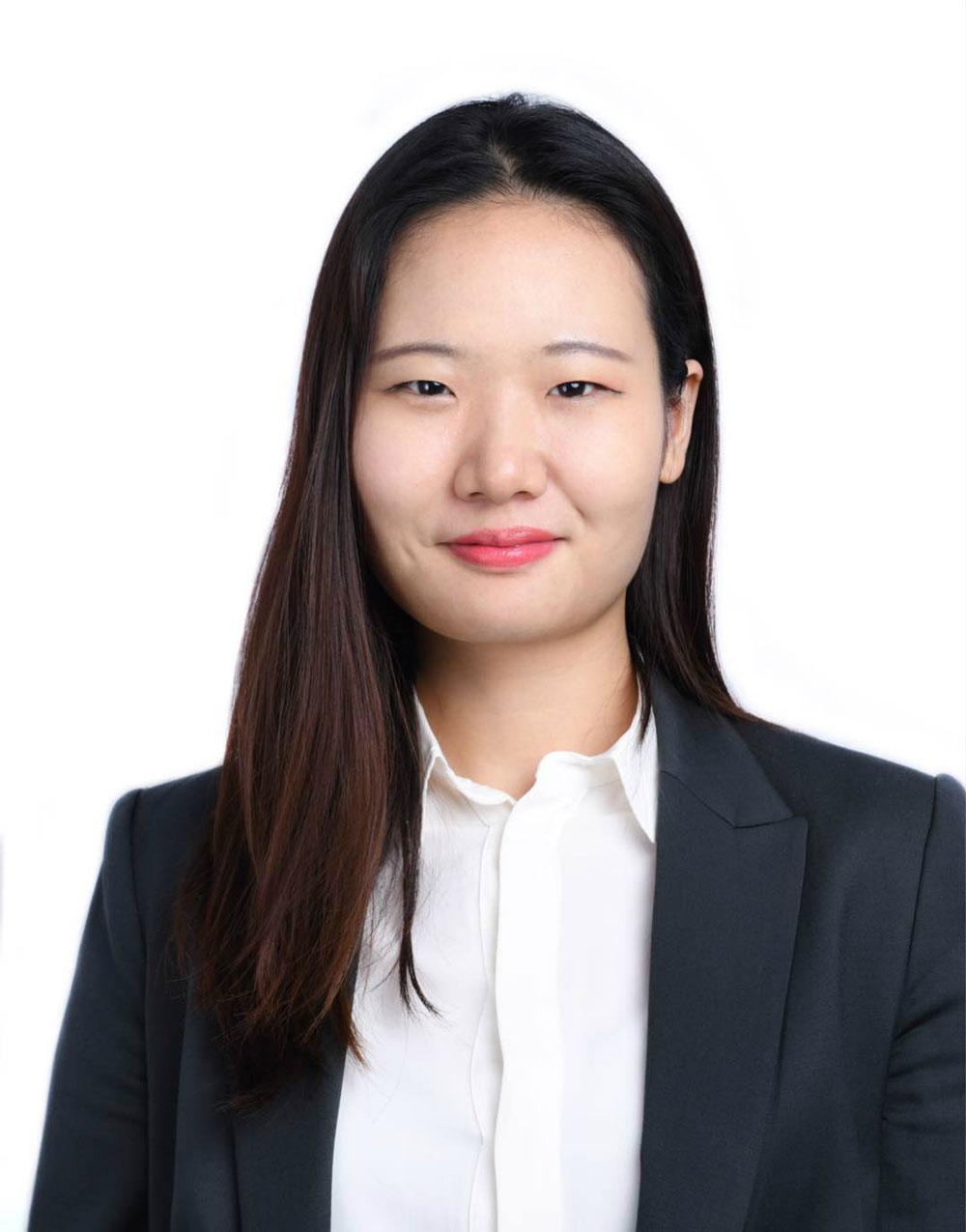
Assistant Professor, Peking University - Guanghua School of Management, China
JIN MENGZI
Intake Year: 2014
Research Area: Organisational Behaviour and Human Resources
Highest Qualification: Bachelor of Arts in Psychology, University of Minnesota (Twin Cities), United States
Dissertation Committee
Research Advisor:
Dissertation Committee Members:
External Member:
- Associate Professor Cheng Chi-Ying (SMU - School of Social Sciences)
Lead Research Manager (Public Sector and Applied)
ANG YANG TING
Intake Year: 2012
Research Area: Emotional Demands, Emotional Management, and Emotional Labor in Service and Leadership
Highest Qualification: Bachelor of Business Administration, National University of Singapore, Singapore
Dissertation Committee
Research Advisor:
Dissertation Committee Members:
External Member:
- Assistant Professor Michael Daniels (University of British Columbia)
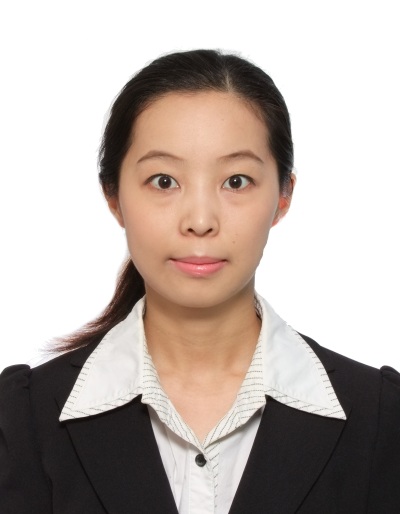
Assistant Professor, School of International Business Administration at Shanghai University of Finance and Economics, China
LYU CHANGHONG (SERENA)
Intake Year: 2012
Research Area: Organisational Trust, Justice and Creativity, Negotiation, Stereotype Reactance, Organisational Socialisation
Highest Qualification: Master of Philosophy in Business, Lingnan University, Hong Kong
Dissertation Committee
Research Advisor:
Dissertation Committee Members:
External Member:
- Assistant Professor Michele Williams (Cornell University)

Assistant Professor, Nova School of Business and Economics, Lisbon
SAMANTHA SIM SU-HSIEN
Intake Year: 2012
Research Area: Organisational Behavioural and Human Resources
Highest Qualification: Master of Arts in Behavioural and Social Sciences, Tilburg University, The Netherlands
Dissertation Committee
Research Advisor:
Dissertation Committee Members:
External Member:
- Associate Professor William Tov (SMU - School of Social Sciences)

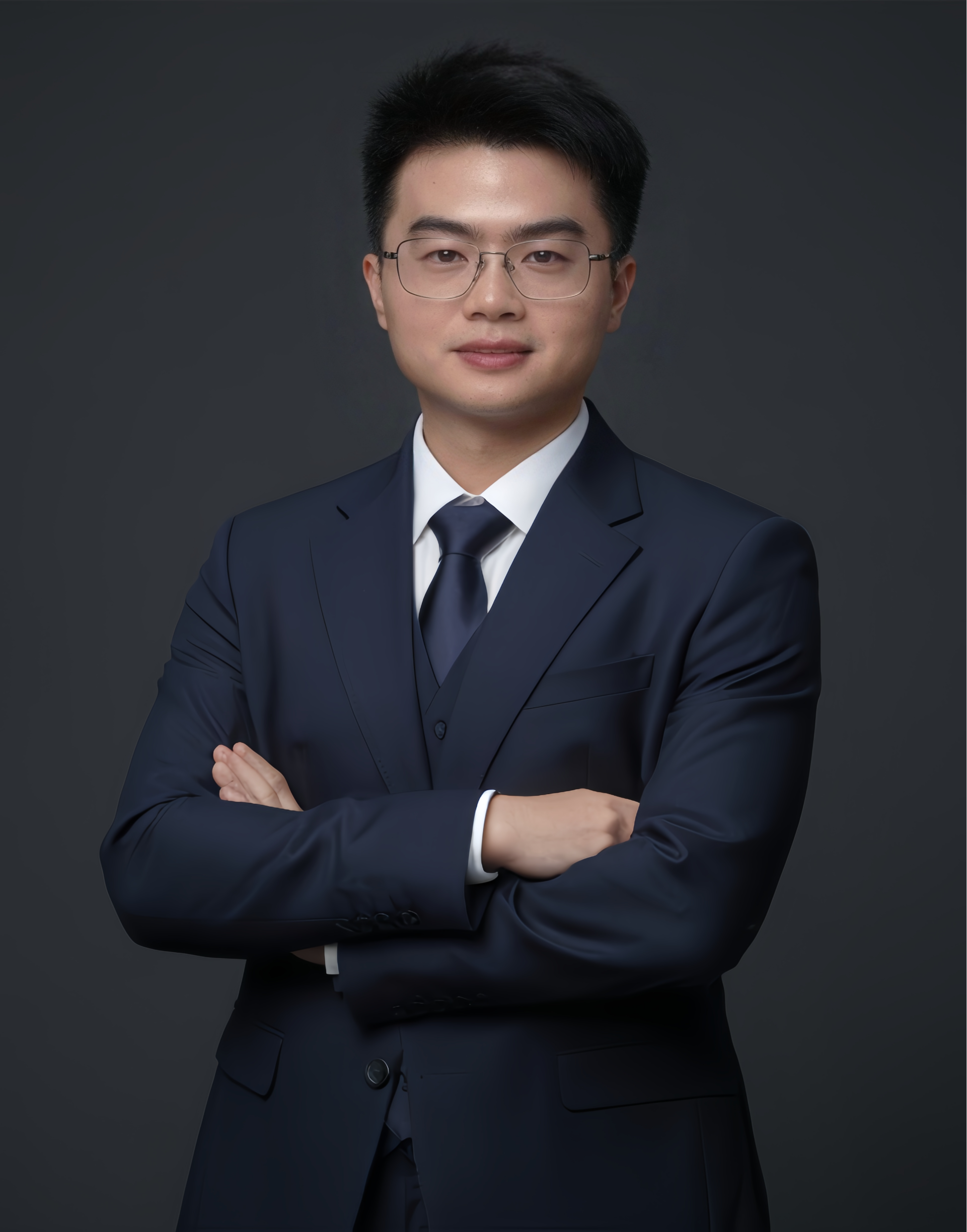
CHEN SHANGYUN (BRAN)
Intake Year: 2021
Research Area: Power, Leadership, Morality
Highest Qualification: Master of Science in Business Administration, Chongqing University, China
Dissertation Committee
Research Advisor:
Dissertation Committee Members:
External Member:
- Professor Laurie Barclay (University of Guelph)
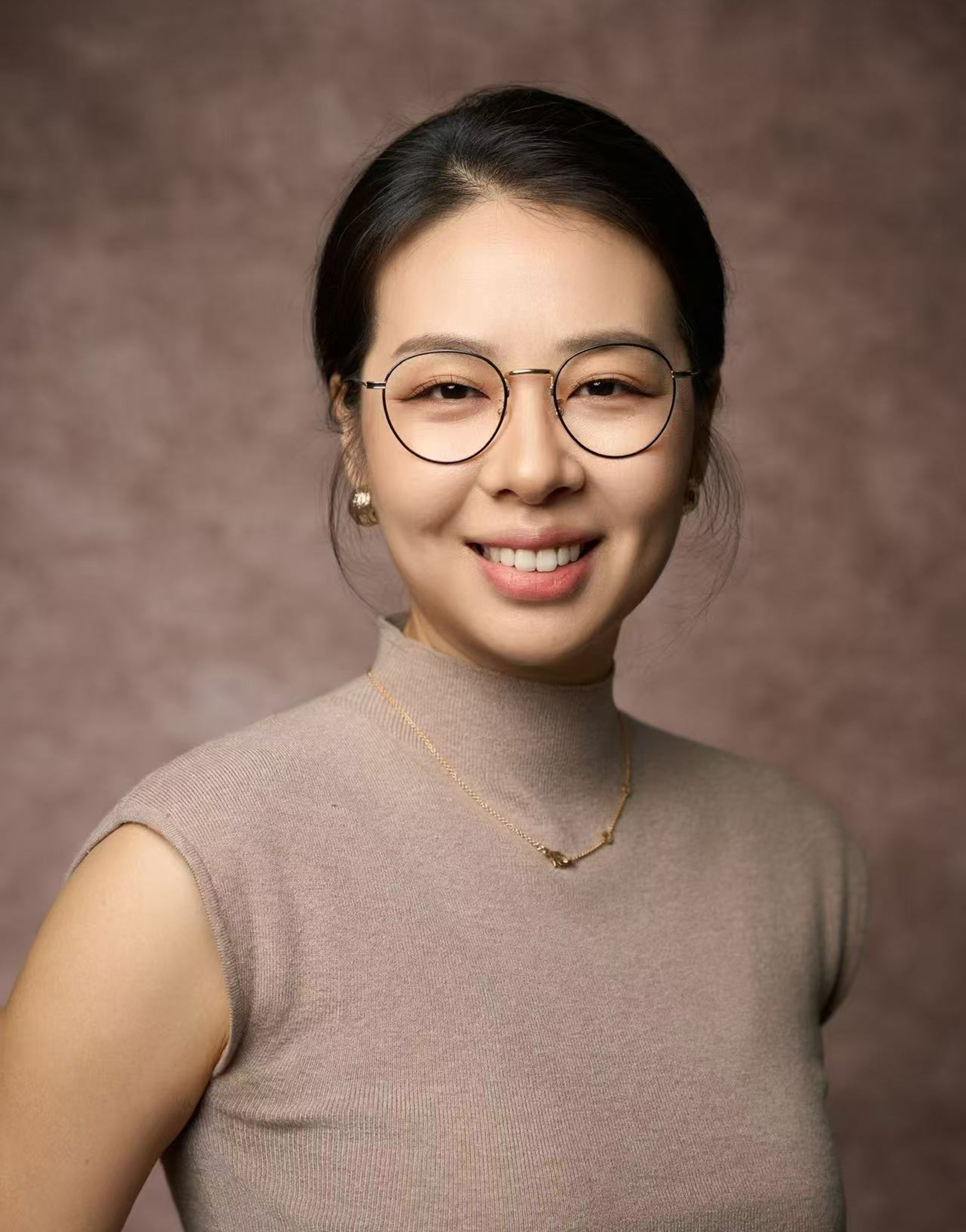
HAN MENG
Intake Year: 2021
Research Area: Cultural tightness, Cultural intelligence, Creativity
Highest Qualification: Master of Social Sciences in Psychology, City University of Hong Kong, Hong Kong
Dissertation Committee
Research Advisor:
Dissertation Committee Members:
External Member:
- Professor Angela Leung (Singapore Management University, SOSS)
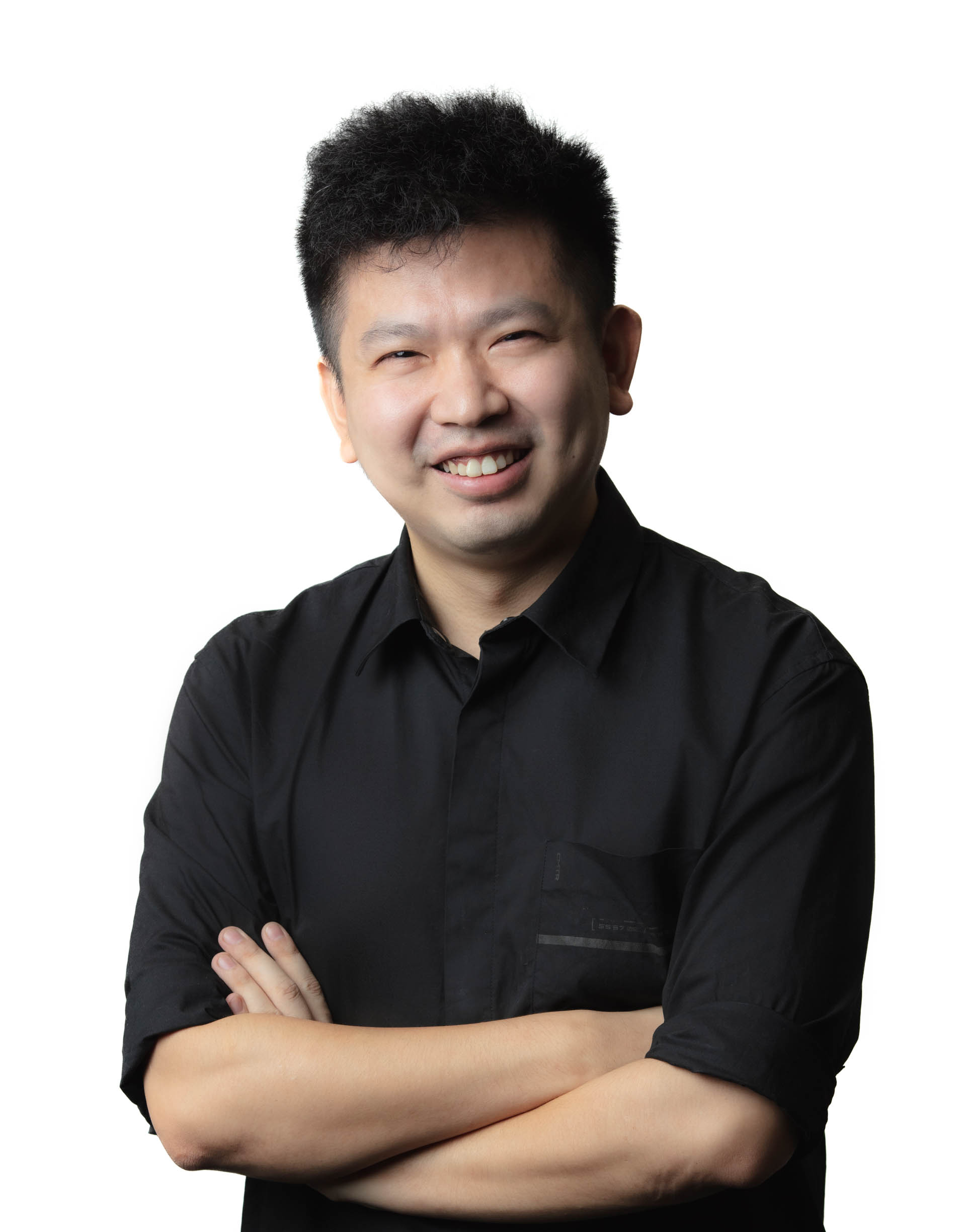
PEI DONG
Intake Year: 2022
Research Area: Employee Prosocial and Self-Interested Behaviours, Leadership, Social Hierarchy, Emotions
Highest Qualification: Master of Science in Marketing and Strategy, University of Warwick, United Kingdom
Dissertation Committee
Research Advisor:
Dissertation Committee Members:
External Member:
- Assistant Professor Siyu Yu (University of Michigan)
TIAN YIXIN
Intake Year: 2022
Research Area: Gender, Leadership, Humor, Ethics
Highest Qualification: Master of Management, Renmin University of China, China
Dissertation Committee
TBA
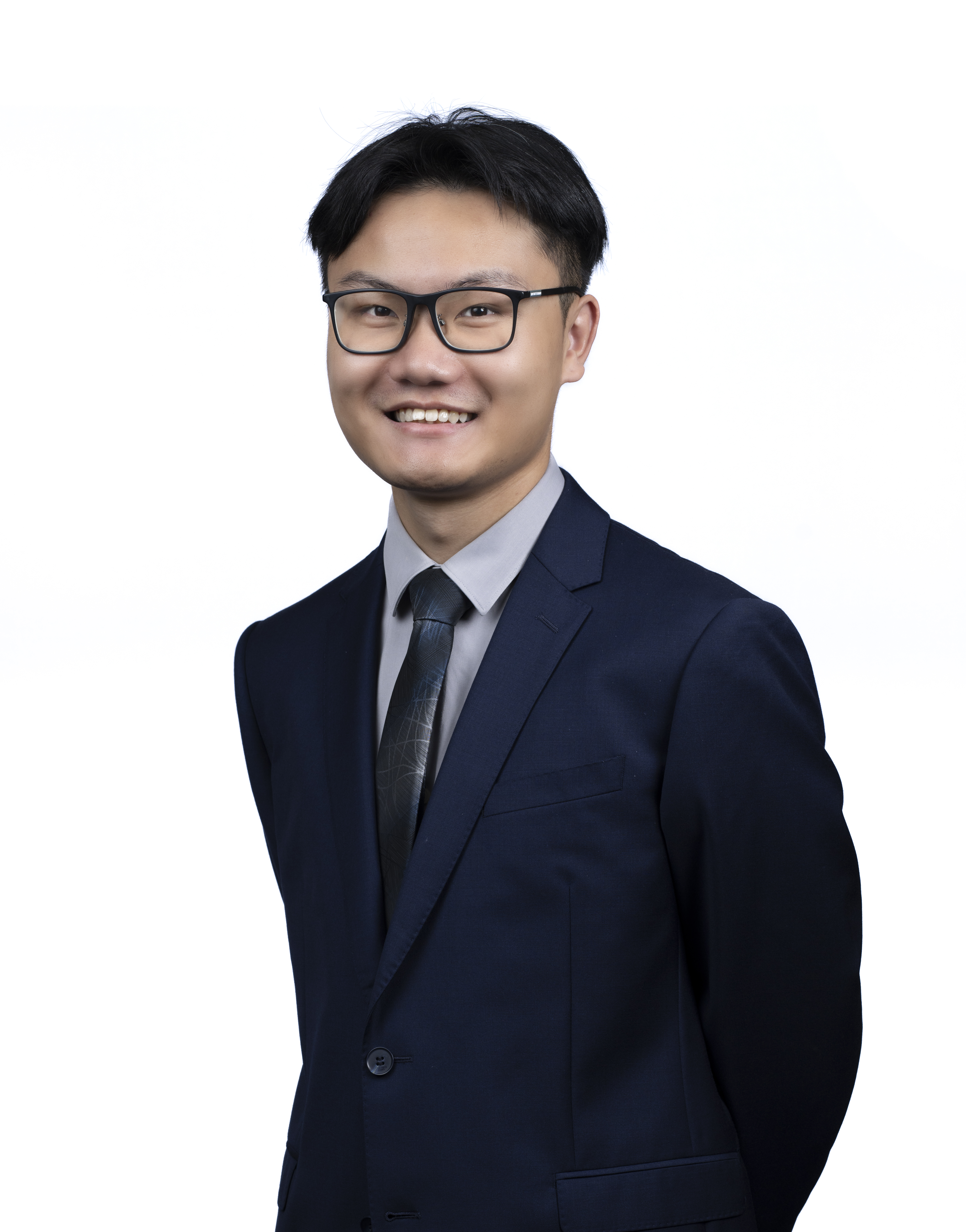
LI XIZHOU
Intake Year: 2024
Research Area: Emotions and Well-being, Leadership, Psychology of Workplace Technology, Work Recovery
Highest Qualification: Master of Human Resources and Organisations, London School of Economics and Political Science, England
Dissertation Committee
TBA

QI YINGHAO
Intake Year: 2025
Research Area: Judgement and Decision Making, Deviance, Individual Differences, Morality
Highest Qualification: Master of Science in Managerial Economics, Nanyang Technological University, Singapore
Dissertation Committee
TBA

YUAN YAJUN
Intake Year: 2025
Research Area: Organisational Behaviour
Highest Qualification: Master of Science in Management, National University of Singapore, Singapore
Dissertation Committee
TBA

Enquiries may be directed to:-
Graduate Research Programmes Office
Lee Kong Chian School of Business
Singapore Management University
50 Stamford Road, #05-01
Singapore 178899
Tel: 65-6828 9585 / 65-6828 0896
Fax: 65-6828 0777
Email : msc_phd_lkcsb@smu.edu.sg

SMU is a great place to grow into being productive researcher. Our programme is focused on graduating a few highly qualified Ph.D. students each year. We believe our focus on fewer students will allow us to provide the mentoring and research support that will facilitate students? research publications, an important factor in helping our Ph.D. students obtain strong academic jobs. We encourage students to work with multiple faculty to gain a variety of research experiences. Our faculty are producing strong publications yearly and have international collaborator networks. Research is strongly supported at both the university and government levels thus making available monetary support for research activities in the form of pay for research time, attendance at research conferences, and ongoing research support.
Our group has a strong focus on research which is reflected in the research published by our faculty and students in world-class journals, a supportive culture where we learn from each other (e.g., department brown bags), wealth of resources that support your research needs (e.g., research laboratory), and a collegial community that values the development of students. As a result, this is a community that not only wants to see its students at their best but also provides the support and resources to make that a reality.
- Shereen Fatimah, Assistant Professor of Organisational Behaviour & Human Resources
The course programme for students at SMU is logically structured and well-balanced. In addition to the required foundational classes, students are able to select among a large number of higher-level electives and advanced courses. Further, students are encouraged to take classes in related disciplines such as psychology and sociology. Importantly, our approach is to balance course work with hands-on research. Thus, students will be involved from the very beginning in research projects aimed at resulting in top-tier publications.
Our lineup of courses is good because we're exposing students to theory, OB constructs, and methods. By teaching you about theories, we're introducing you to the most critical component of research publications: theoretical frameworks. Once you know a theory, ideas for research come easily. Teaching about OB constructs gives you the knowledge of what constructs to use to test the theories. Finally, teaching about methods gives you the skills to test whether your ideas work or not.
- Gary J. Greguras, Professor of Organisational Behaviour & Human Resources
Balancing time spent teaching and researching is important as a Ph.D. student: you typically need teaching evaluations to obtain a job, but teaching too much takes away from time spent obtaining valuable publications. Here you will have the ability to teach at least one OBHR course after working closely with a faculty mentor currently teaching this class. We believe both the opportunity to teach at least one class and the option not to teach too many classes will help you to achieve this research?teaching balance.
Like elsewhere, the advantages and opportunities of living in a major city come at a price. Singapore is more expensive to live in than some other places. However, in consideration of the higher cost of living SMU offers a generous stipend to qualified students that will cover all essential needs for the time you are a Ph.D. student here. Qualified students also receive a waiver of registration and tuition fees. Additionally, as a student in the programme you are able to work on internal faculty research grants (which most of us have yearly) as Research Assistants or Associates to earn additional funding subject to SMU's prevailing guidelines on RA/TA work.
Monthly Living Stipend
| Citizenship | PhD | |
| Before Qualifying Exam | After Qualifying Exam | |
| Singapore Citizen | S$2,700 | S$3,200 |
| Singapore PR | S$2,200 | S$2,700 |
| Foreign Students | S$2,000 | S$2,500 |
From August 2015, Singapore Citizens will be provided with 17% CPF contribution
For more information on living in Singapore, visit the website of http://www.singaporeedu.gov.sg/htm/liv/liv.htm
Our culture is best described as highly collegial, friendly, and informal. We like our careers. Faculty doors are often open and going down the hall to ask someone a question is common. Many of us eat lunch together frequently, and on Fridays after our bi-weekly Area Research Seminar we go downstairs to have a soda or beer together. Ph.D. students in OBHR will be included in these and similar community-building activities ? we understand that in approximately four years Ph.D. students will become colleagues that we have the pleasure to see at annual conferences and we look forward to building these lasting relationships with you.
More information can be obtained from the GMAT website and GRE website. The websites provide information about preparing and registering for the GMAT and GRE tests.
SMU's GMAT institution code is as follows:
PhD in Business (Finance): F8D-7V-78
PhD in Business (OBHR): F8D-7V-29
PhD in Business (Marketing): F8D-7V-60
PhD in Business (Strategic Management & Organisation): F8D-7V-28
PhD in Business (Operations Management): F8D-7V-22
SMU's GRE institution code is 2861.
Applicants must show proficiency in the English language. Applicants, whose Undergraduate medium of instruction was not in English, are to sit for either TOEFL or IELTS. More information can be obtained from the TOEFL website and IELTS website . SMU's institution code for TOEFL is 9014.
Please refer to Postgraduate Insurance website here.
For enquiries on Insurance Coverage, Claims Status and Procedures, please contact
Ms Loh May Yee of MYCG & Partners Pte Ltd
Representing NTUC Income Insurance Co-operative Limited
Mobile: +65 9762 2062
Office: +65 8118 6924
Email : smu@mycg.com.sg

Please visit this page again for updates on information session dates.

We are a relatively young and very collegial group of scholars. We conduct cutting edge research in a wide variety of research areas (see research interests below). A list of our recent and forthcoming publications can be found at /disciplines/organisational-behaviour-and-human-resources/recent-publications .
We have built a very vibrant and constructive research atmosphere, including biweekly brownbag research sessions and frequent research seminars featuring scholars from around the world. A list of recent seminar presentations can be found at /obhr-research-seminar-series .
Faculty members involved in the PhD in Business (OBHR) programme include:
Michael R. BASHSHUR
Associate Professor of Organisational Behaviour & Human Resources
Ph.D. (Industrial/Organisational Psychology ), University of Illinois, Urbana-Champaign
- Organisational Justice and Ethics
- Organisational Climate
- Person Organisational Fit
- Followership and Leadership
Devasheesh P. BHAVE
Professor of Organisational Behaviour & Human Resources
Ph.D. (Human Resources and Industrial Relations), University of Minnesota
- Work Design and Job Performance
- Emotional Labour and Customer Service
- Emotions and Well-being
Ronald BLEDOW
Associate Professor of Organisational Behaviour & Human Resources
Ph.D. (Organisational Psychology), University of Giessen
- Affect and Self-Regulation
- Creativity and Innovation
- Leadership and Teams
- Multilevel Theory and Research
Roy CHUA
Lee Kong Chian Professor of Organisational Behaviour & Human Resources
Ph.D.,Management (Organizational Behaviour), Columbia University
- Creativity
- Trust
- Leadership
- Culture
- China
Shereen FATIMAH
Assistant Professor of Organisational Behaviour & Human Resources
Ph.D. (Business Administration), The Pennsylvania State University, Smeal College of Business
- Proactive Work Behaviours
- Collective Action / Social Activism
- Work Motivation
- Multilevel Research
Gary J. GREGURAS
Professor of Organisational Behaviour & Human Resources
Ph.D., (Industrial/Organisational Psychology), Bowling Green State University
- Leadership
- Culture
- Job Attitudes and Emotions
- Cultural and Individual Values
Filip LIEVENS
Lee Kong Chian Professor of Human Resources
Ph.D., (Industrial/Organisational Psychology), Ghent University
- Talent Acquisition and Talent Assessment in HRM
- Situational Judgement and Interpersonal Adaptability
- Personnel Recruitment and Employer Branding
- Assessment Technology
- Personality
Jared NAI
Assistant Professor of Organisational Behaviour & Human Resources
Ph.D., (Management and Organisation), National University of Singapore
- Diversity
- Deviance
- Prosocial Behaviour
Marko PITESA
Associate Professor of Organisational Behaviour & Human Resources
Ph.D., (Business Administration), Grenoble Ecole de Management
- Organisational Behaviour
- Evolutionary Psychology
- Social Psychology
Jochen REB
Lee Kong Chian Professor of Organisational Behaviour & Human Resources
Ph.D. (Management), University of Arizona
- Decision Making, Behavioural Decision Theory
- Mindfulness in Organisations, Mindful Leadership
- Dynamic Performance
- Emotions at the Workplace
Michael Schaerer
Associate Professor of Organisational Behaviour & Human Resources
Ph.D. (Management), INSEAD
- Social Hierarchies
- Negotiation
- Groups and Teams
- Judgement and Decision-making
- Feedback and Advice Giving
Hwee Hoon TAN
Associate Professor of Organisational Behaviour & Human Resources
Ph.D. (Management), Purdue University
- Interpersonal Trust in Organisation
- Emotional Displays and Affect in Service Organisations
- Cross Cultural Management
Kenneth TAI
Associate Professor of Organisational Behaviour & Human Resources
Ph.D (Management & Organisation)., National University of Singapore
- Social Exclusion
- Envy
- Decision-making
Abhijeet K. VADERA
Lee Kong Chian Professor of Organisational Behaviour & Human Resources
Ph.D (Business Administration)., University of Illinois, Urbana-Champaign
- Whistle-blowing
- Voice
- Creativity
- Innovation
- Unethical Behaviors
- White-collar Crime
- Organisational Corruption
- India
PhD in Business (OBHR)
PROGRAMME COORDINATOR
Associate Professor Kenneth TAI
kennethtai@smu.edu.sg
